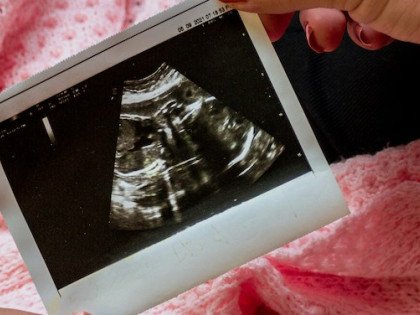The Chinese/Chicago team isn’t the first to find an excuse to skip real research in order to obtain funding for them to sit playing with Twitter all day. The Schroeder Institute looked into vape tweets in 2016. In its report, it stated: “Twitter has become the ‘wild-west’ of marketing and promotional strategies for advertisement agencies,” and that “the greatest concern of promotional e-cigarette marketing on Twitter is the risk of enticing younger generations who otherwise may never have commenced consuming nicotine.”
Given two years of solid falls in teen smoking rates, it seems the Schroeder Institute’s fears were for nothing.
Early 2017, researchers from the University of San Diego looked at over 3 million English-language tweets published between 2012 and 2015 to discover why vapers vape. The results are summarised in the graphic below:
Later that year, The University of California San Francisco cottoned on to Twitter being another area it could exploit to whip up fears about vaping. The paper concluded that it was “like the heyday of the Marlboro Man,” and that “Twitter can serve as proxy filters for marketing messages.”
The retweets trees they produced are mirrored in this latest study.
Setting out their stall, the researchers open with the usual nonsense: “Ads are claiming e-cigarettes help smokers quit, but most of them contain nicotine, which can cause addiction and harm the developing adolescent brain.”
Focussing on tweets that contain feedback to anti-vaping campaigns, they write: “it is crucial to partition audience into different clusters according to their attitudes and affiliations.” They fail to state why this is important, instead they lend support to the risible California Department of Public Health’s “Still Blowing Smoke” campaign, which they say “emphasises the potential risks of e-cigarettes” – whereas, in reality, it contained nothing but lies and smears.
After a lot of data manipulation, the team concluded: “In this paper, we focus on analysing audience feedback of anti-vaping campaigns on social media. Since the harm of e-cigarettes is controversial, anti-vaping campaigns, launched by public health department of different spatial level, receive a large amount of opponent message. For these irregular feedback [sic], we use community detection to cluster users with different attitudes. The result shows that different campaigns attract the same pro-vapers community.”
So, what they’ve managed to achieve is to discover that harm reduction advocates communicate with each other, sharing information and are of a similar mind-set in opposing poor quality research and holding puritanical anti-vaping zealots to account. Did they really need to waste that money?
Dave Cross
Journalist at POTVDave is a freelance writer; with articles on music, motorbikes, football, pop-science, vaping and tobacco harm reduction in Sounds, Melody Maker, UBG, AWoL, Bike, When Saturday Comes, Vape News Magazine, and syndicated across the Johnston Press group. He was published in an anthology of “Greatest Football Writing”, but still believes this was a mistake. Dave contributes sketches to comedy shows and used to co-host a radio sketch show. He’s worked with numerous start-ups to develop content for their websites.
Join the discussion
Expert Reaction to Pregnancy Study
Experts have reacted to the QML study of impacts of vaping in pregnancy and comparison with smoking
Study: Vapes Help Pregnant Quitters
A new study from Queen Mary University of London finds that vapes help pregnant smokers quit and pose no risk of poor pregnancy outcomes
IBVTA responds to UCL study
The Independent British Vape Trade Association has responded to University College London research and said the findings show the Government’s smoke-free ambition is stalling
Cochrane Review Echoes Swedish Success
The Cochrane Review echoes the Swedish approach, finding less harmful alternatives like vaping are superior to other quit methods, says Smoke Free Sweden











